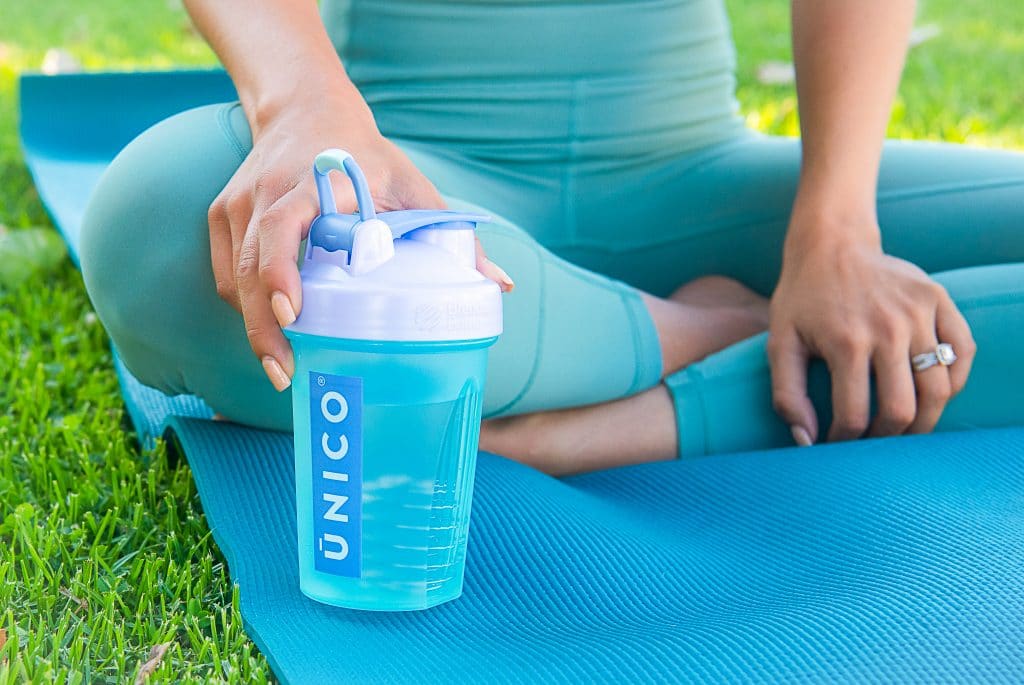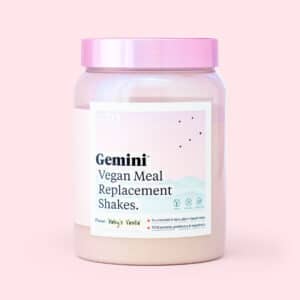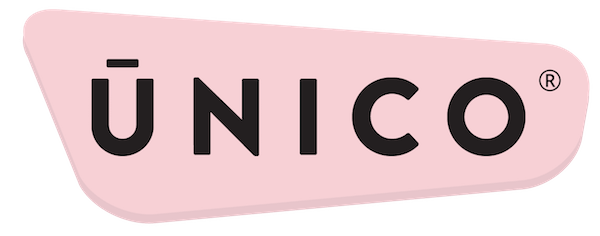The foods you eat before you meditate can make a huge difference in the effectiveness of your practice. Follow these tips to make sure you’re fueling with the top brain foods.

We can all agree that in 2020, self-care routines have become more important than ever. For many, this will be remembered as the year that they started putting yoga, meditation, healthy-eating, and other healthy self-care habits into practice.
One of the most effective, yet difficult-to-master self-care practices is that of meditation.
What is Meditation?
When most people think of meditation, they think of buddhist monks, sitting cross-legged in a zen-like state. With special robes, flute music playing gently in the background, and probably some sort of flowing water fountain for added effect.
(^Doesn’t this actually sound amazing.)
While that scenario certainly exists, what most people do NOT know, is that they too can benefit from the therapeutic benefits of meditation without flowing rust-colored robes and flowing water features.
The simplest definition of Meditation is ‘to engage in contemplation or reflection.’ More specifically, most modern forms of meditation involve sitting quietly and ‘observing’ your thoughts, with the purpose of quieting the mind and gaining perspective.
It all sounds a bit abstract to the uninitiated. But the benefits of mediation are well-documented.
The Benefits of Meditation
Meditation has been used for thousands of years by a wide range of civilizations. Surely with such a broad following spanning SO many people and cultures, there must be something to it!
And there certainly is.
According to mindful.org, the top five benefits of meditation1 are:
- Understanding your pain
- Lowering your stress
- Connecting better
- Improving focus
- Reducing brain chatter
Another leading authority on the topic adds that meditation can improve empathy and kindness, while encouraging a ‘flow state’- which is when the brain is ‘in harmony with itself’.2
The cool part is that these benefits are not just anecdotal – they are scientifically proven!
In fact, a recent article in Forbes3 documented the numerous clinically-proven cognitive and physical benefits of meditation, which include better brain health as we age, and reduced stress levels.
How to Meditate
The techniques and nuance of the art of mediation are far too intricate to detail in a single blog-post, but thankfully, there are tons of helpful, and cost-effective resources that can help anyone learn, or advance their mediation skills.
Mobile apps such as Headspace, and Calm are leading the charge in terms of making mediation accessible through their easy-to-use programming.
In-person guided meditation studios are even starting to gain popularity in some of the more progressive metropolitan areas like Los Angeles, Washington DC, and New York City.
Other online free meditation resources include mindful.org and of course youtube is another excellent (and free!) place to find guided meditation sessions. (One of our favorite meditation channels here).
What to Eat Before Meditation
Similar to what we eat prior to physical exercise, whether it’s a high-carb meal, or after (likely a protein shake), what you eat before meditation matters.
That’s because meditation actually is an exercise- albeit a mental one.
While your muscles are not needed (well, unless you are doing this new form of ‘dynamic’ meditation) in order to meditate, your brain most certainly is.
Your brain runs on either glucose or ketones for energy4.
So then do you HAVE to eat prior to meditating?
Not necessarily. Even if you are just waking up, your liver likely has enough stored glycogen to fuel for brain for several hours, although a glass of water is always a good idea upon waking, when you are most dehydrated.5
That being said, unless you are adjusted to a ketogenic diet, or a fasting diet of some kind, your mind might appreciate some fuel before settling in for some meditation. Some low-GI carbs like oats, sweet potatoes, and leafy greens are some top brain foods to eat before meditation.
For those who ARE following a low-carb/ketogenic diet, a snack or meal containing healthy, MCT-rich fats like coconut oil or avocado oil may help provide some additional ketones that your brain can use as an energy source.6
What to Eat Before Meditation:
- Oats: Oats and other low-GI carbs provide energy to the brain.
- Sweet Potatoes: An excellent low-GI carb source which has neuro-protective properties (rich in beta-carotene)
- Green Leafy Vegetables: Healthy vegetables are low in carbohydrates, and rich in essential nutrients that help reduce stress (like glucosinolates)
- Oily Fish: Rich in healthy fats, which can be an excellent source of fuel for your brain
- Nuts: Healthy Nuts like walnuts, macadamia nuts, and almonds are heart-healthy AND brain-healthy foods- perfect for your practice!
- Berries: Berries provide a glucose source to the brain and are also rich in anti-oxidants
- Adaptogens: Adaptogens can reduce stress and improve the quality of your meditation
Our Gemini vegan meal replacement shake offers a blend of complex, low-GI carbohydrates in addition to coconut oil, adaptogens, and superfoods– making it an excellent pre-meditation brain food. 🙌🏼
An important tip for pre-hydration nutrition is to make sure you hydrate before-hand. Hydration is essential for healthy brain function – so much so that our brains actually become in-efficient when we lack the proper hydration levels.7
What to Avoid:
- Coffee: Caffeine can make you ‘feel’ focused, and energized, but it might not be the best choice prior to meditation. Caffeine causes a release of adrenaline that might make it just plain hard to sit still in your thoughts – not to mention that it is a diuretic that is sure to de-hydrate you on some level.
- Rapidly-Digesting, ‘High-GI’ Sugars: Sugary foods (and drinks) cause inflammation in every part of your body- including your brain. Studies show that even a single high-GI meal can impair optimal cognitive function.8
- Trans Fats: Trans fats are bad for your heart, and bad for your brain, making it a poor health choice in any situation- including before a meditation. Try to avoid shortening, margarine, frosting, snack foods, ready-made cakes and prepackaged cookies, for this reason.
Sources:
1https://www.mindful.org/how-to-meditate/
2https://positivepsychology.com/benefits-of-meditation/
4https://www.dietdoctor.com/low-carb/does-the-brain-need-carbs
5https://www.wellandgood.com/benefits-of-drinking-water-every-morning/
6https://www.medicalnewstoday.com/articles/324599
7https://www.psychologytoday.com/us/blog/you-illuminated/201010/why-your-brain-needs-water
8https://www.healthline.com/nutrition/worst-foods-for-your-brain
Recommended Reading:
- Holiday ‘Jingle Balls’ – A Festive Take on No-Bake Protein Balls - December 20, 2023
- Cryptic Cold Brew – A Must-Try for the Most Mischievous - October 31, 2023
- Does Protein Powder Make You Gain Weight? - October 4, 2022

